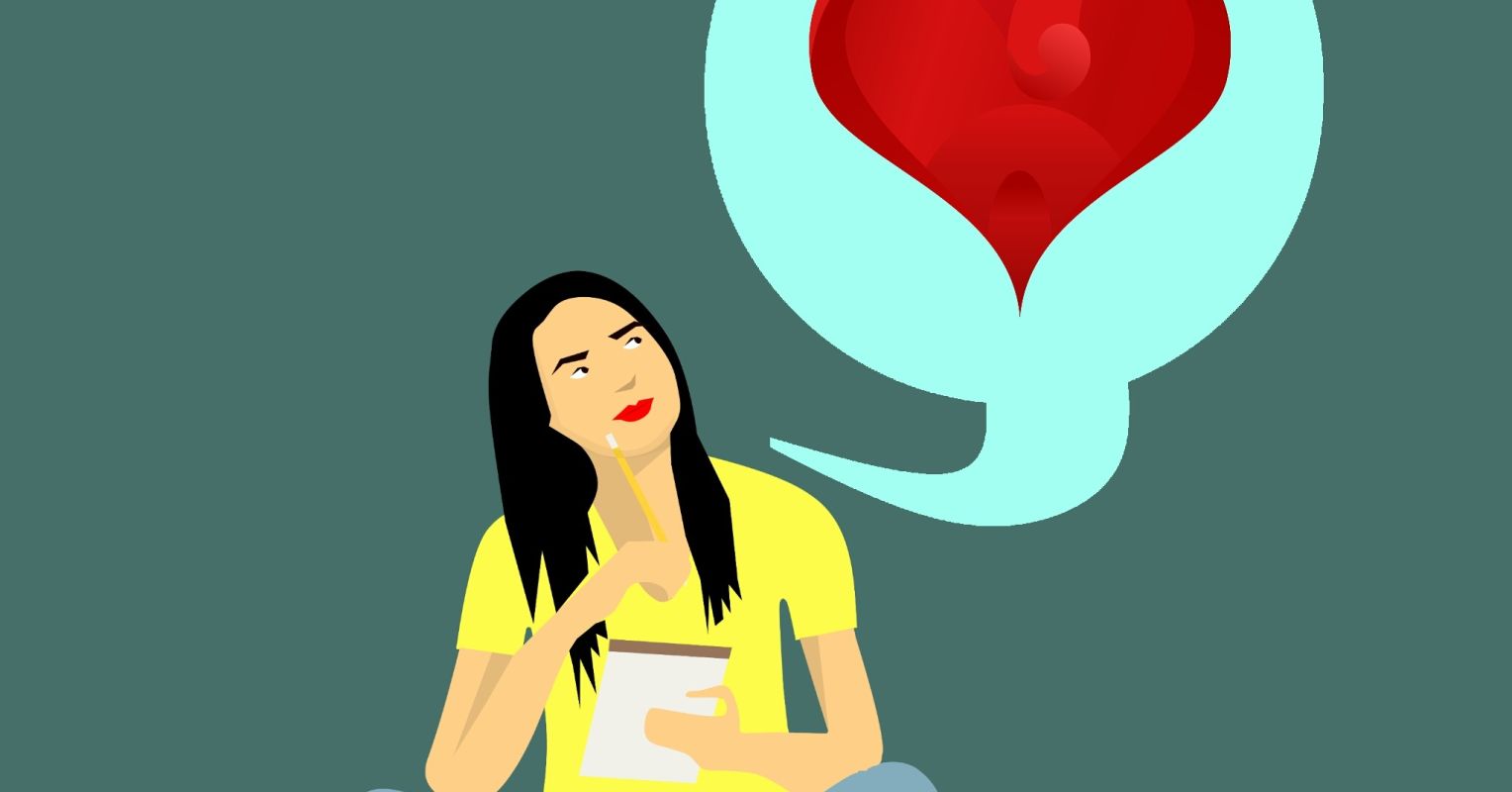
The emotional zeitgeist of 2024 is “feel your feelings.” We are encouraged to have “all the feels” and to share them, openly, honestly, authentically, all the time. But, how should we do this and everything else that we’re responsible for?
We’ve been through a lot, you’ve survived multiple rounds of a now-endemic global pandemic, the polar ice caps are melting, and we are sweating our way through what’s looking to be the hottest summer on record. Aside from the impacts of world and atmospheric events, we are all going through our own things: Losses of many kinds, jobs, parents, pets, hopes, wishes, you name it. We are engaging in self-care because that’s what we’ve been told to do. We take brain breaks, look at a tree, go for a walk, breathe deeply, and nap. And yet. We still, on the whole, feel pretty crummy.
A year ago, 29 percent of U.S. adults reported being diagnosed with depression at some point in their lifetime. That’s one of those, “look to your right, look to your left, one of the three of you” moments. This statistic reflects that we are really feeling our feelings, but what else does it say?
Our feelings are not good ones. Having “all the feels” doesn’t usually imply joy, contentment, or delight. It leans more toward ugh, not again, c’mon. When we, culturally or therapeutically, offer the adage “feel your feelings,” are we saying that it’s okay to feel depressed? To just be in it? What do we mean by this?
Feeling our feelings is a bit of a luxury, especially when our feelings are not good ones. Depression is exhausting. Being in it means, often enough, that you can’t get out of bed, don’t care about brushing your teeth, and are not sure when you last attended to laundry. It might mean that you’ve shirked some of your responsibilities, that you space out during the day, that you can’t sleep at night.
I’m on the receiving end of a lot of feelings, by choice. As a therapist, I care about and hear my therapy clients’ feelings, but I also care about and hear the feelings of my loved ones. I hear about a lot of pain, a lot of hurt. I hear about disappointment, anger, fear. There are times when I can see the rage simmering under the nice and neat surface of a very put-together person. And there are times when I don’t see the rage, but I hear about it via a text, see it in a meme, or sense it is actually too much for someone to bear; it sits deep within them, unable to be released.
Feeling our feelings is hard. It hurts. It takes time and energy. When we have responsibilities, people who depend on us, and stuff to get done, it is actually a luxury to feel our feelings. When we allow ourselves to have feelings, we lean into the vulnerability, and we may lean out of engagement with the rest of our lives. I can tell you, one hour of therapy a week is not really enough time to “feel your feelings.” Stacking up a solid schedule of self-care (therapy, time in nature, time with loved ones, time for yourself, exercise, enough water and healthy food, journaling or reflecting, participating in a spiritual community, et cetera) is time-consuming. If you have children or a job or both, doing those things that allow you to feel your feelings, explore them, understand them, and work on them is going to take up a lot of time.
What do we do? Do we see feeling our feelings as a luxury? Or do we see it as a necessity?
I’d argue that we need to adapt, culturally, so that we have space to experience the full range of feelings, from delight to ugh and some meh in between. But, that will be a big change. It means we have to slow down and lower our expectations, both for ourselves and others. This kind of change is not coming soon. What can we do in the meantime?
Turning Our Feelings Inside Out
Many adults who saw the movie Inside Out 2 this summer cried while watching Riley, the character we’d first met when she was just a little girl, spiral into a terrible panic. We cried because we had been Riley, either in early adolescence as she’s represented in the movie, or later, as we grew up. Riley grew from a child into a pre-teen during a time when it is absolutely okay to feel your feelings. And yet, Riley pushed a lot of feelings away to be able to cope with the very real challenges in front of her: Friendships, competition, her expectations for herself, other people’s expectations for her.
Her feelings caught up with her and she spun out. I wonder what would have happened if she could have acknowledged her fear, perhaps the biggest of her feelings, and had a second to work with it. To say, “I am afraid of not being liked, I’m afraid of not being good, I’m afraid of not winning, I’m afraid of what all of that means about who I am.”
She most certainly would have been very late for a crucial hockey game. But, she would have, maybe, been able to find something else there, something for herself if it didn’t work out with her friends, if it turned out she wasn’t that great at hockey, or if she needed something else to build her identity on.
We don’t turn our feelings inside out. We hardly even feel our feelings. Because it is a luxury. How can we make it a necessity?

